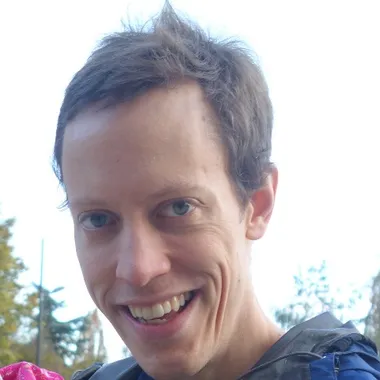- Home >
- Directory of the Institut Curie >
- DANIEL HOLOCH
Functions within Institut Curie
Permanent researcher
Presentation
It is sometimes taken for granted that histone modifications are faithfully copied during genome replication, and that this is important for the epigenetic memory of active and inactive transcription states at individual genes. Using histone H3 lysine 27 trimethylation (H3K27me3) by Polycomb Repressive Complex 2 (PRC2) as a model, we have found that this histone modification indeed enables a local memory of transcription states, but not through the classical copy-and-paste mechanism previously envisioned by the field. Indeed, existing H3K27me3 does not appear to be generally necessary for guiding new PRC2 activity. Instead, stable memory requires conditions in which PRC2 and activating transcription factors are in a balanced competition for access to a gene. This configuration allows transient signals to trigger lasting switches between two self-stabilizing transcription states. Genome-wide analyses, locus-directed manipulations and computational modeling we have conducted all support these conclusions (Holoch*, Wassef* et al., 2021). My ongoing investigations aim to understand why pluripotent stem cells appear to lack this form of PRC2-dependent epigenetic memory, as well as the degree to which long-lasting memory of transient transcription events extends beyond genes controlled by PRC2.
We also recently showed that PRC2 mutations found in lymphoma lead to transcriptional changes that persist even when drugs are used to restore proper PRC2 activity (Romero*, Richart* et al., 2024). Tumor cells thus show an epigenetic memory of exposure to mutant PRC2. Thanks to a generous grant from Fondation ARC (2025-2026), I am seeking to understand the underpinnings of this memory and identify therapeutic strategies to overcome the limits it presents for treatments targeting PRC2.
Latest publications
Nature Communications - 24/04/2024
Nature Genetics - 01/12/2021
Nature Communications - 01/12/2019
Contact DANIEL HOLOCH
Contact me by phone or by filling in the form below


